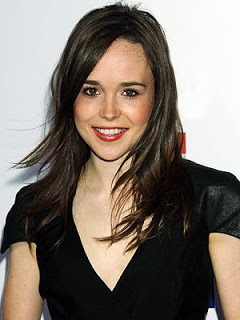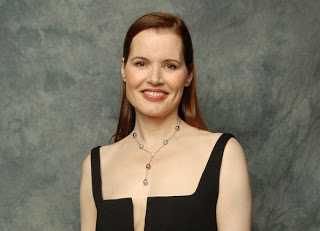 |
| courtesy of margaretcho.com |
Whenever anyone has called me a bitch, I have taken it as a compliment. To me, a bitch is assertive, unapologetic, demanding, intimidating, intelligent, fiercely protective, in control–all very positive attributes. But it’s not supposed to be a compliment, because there’s that old, stupid double standard: When men are aggressive and dominant, they are admired, but when a woman possesses those same qualities, she is dismissed and called a bitch.
These days, I strive to be a bitch, because not being one sucks. Not being a bitch means not having your voice heard. Not being a bitch means you agree with all the bullshit. Not being a bitch means you don’t appreciate all the other bitches who have come before you. Not being a bitch means since Eve ate that apple, we will forever have to pay for her bitchiness with complacence, obedience, acceptance, closed eyes, and open legs.
There is a dangerous myth going around this country that sexism doesn’t exist anymore, that we have gotten past it and that “alarmist” feminists are an outdated nuisance. Warnings like “Oh, watch out–here comes the feminazi!” abound in our culture, as if for a woman, entitling yourself to an opinion puts you on a par with followers of the Third Reich.
from the Foreword to bitchfest: Ten Years of Cultural Criticism from the Pages of Bitch Magazine






